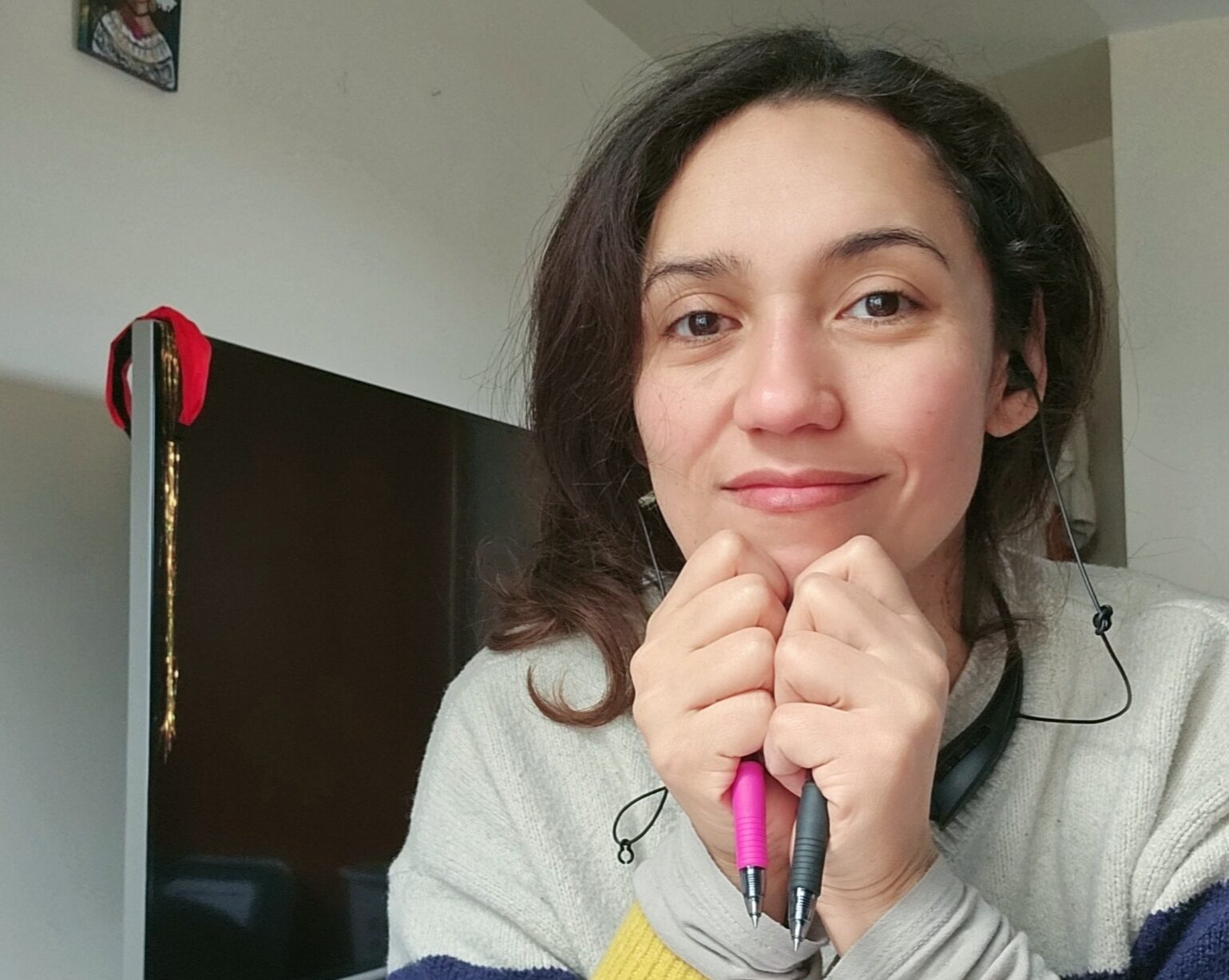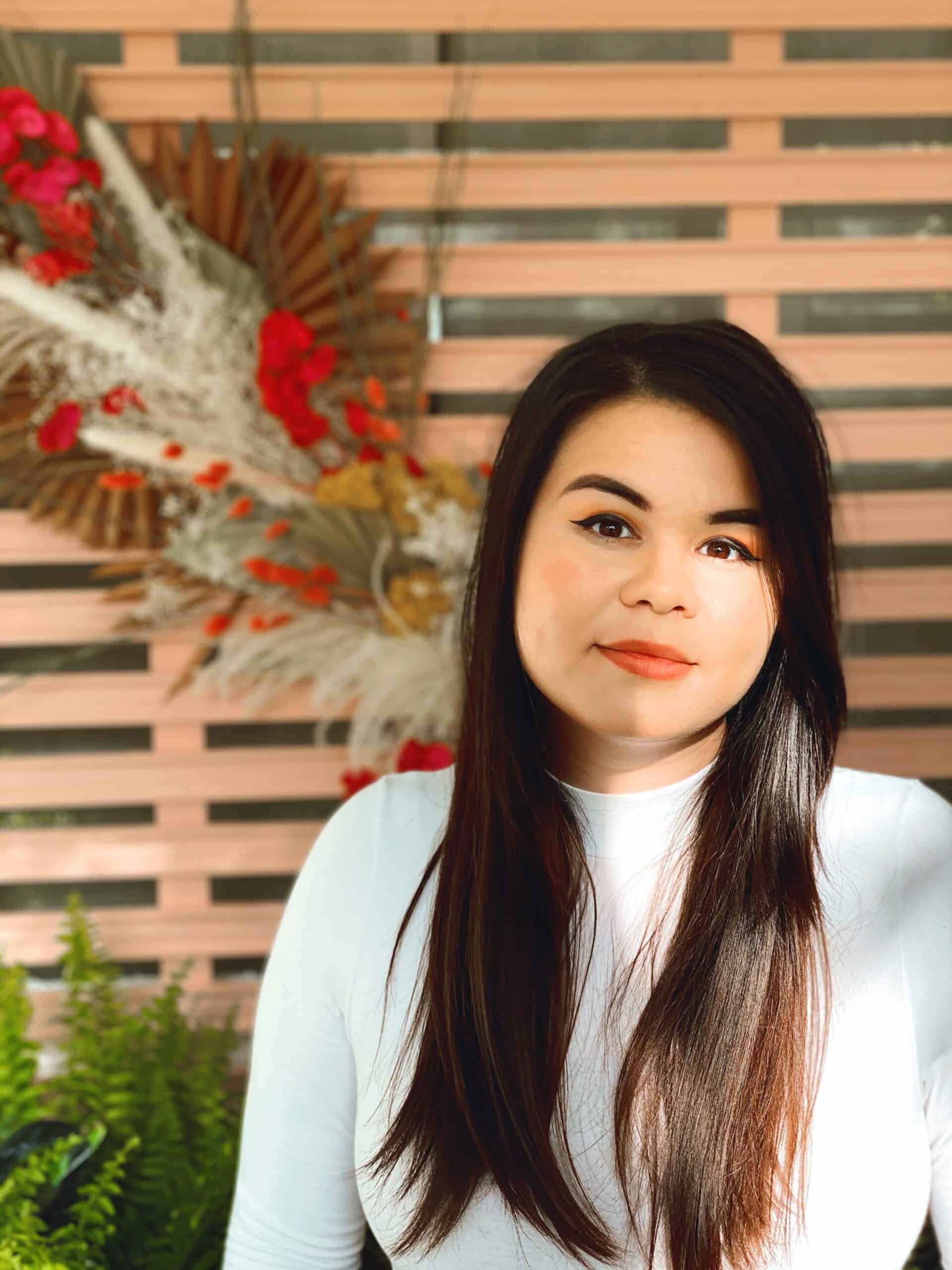In the vibrant tapestry of storytelling, JC Straub weaves together haunting folklore and personal experience with a masterful touch. Hailing from Panama, JC’s writing is deeply influenced by the rich blend of religious and superstitious beliefs that colored her upbringing. Her journey is one of overcoming doubts, confronting fears, and embracing the raw, unsettling truths of human experience. In this enlightening interview, JC shares her insights into navigating the creative process, tackling sensitive topics, and finding inspiration in the shadows. Whether you’re an aspiring writer or simply a lover of compelling narratives, JC’s story offers a powerful reminder of the courage it takes to explore the deepest corners of our imagination.
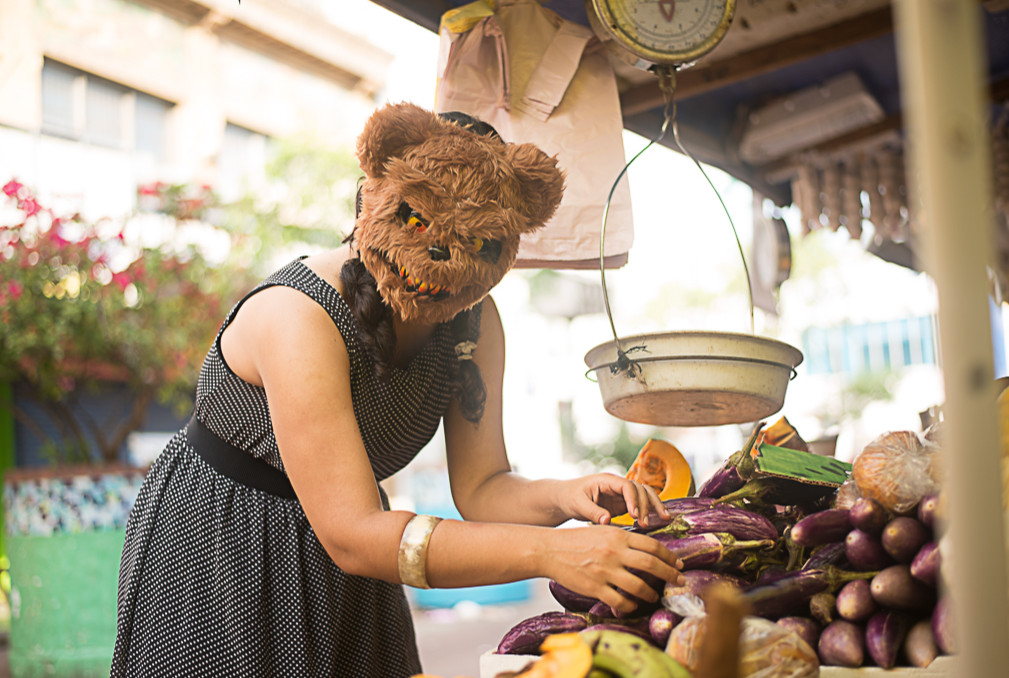
Can you share a bit about the personal experiences or stories from your family in Panama that influenced your work?
I can’t speak for all Panamanians, but almost everyone I knew growing up had some sort of religious belief and also had superstitious beliefs. It varied depending on which community I was in. If I was in the country, what we call ‘el interior’, the stories varied from what I’d hear in Coclé Province versus Veraguas or Chiriquí. It shaped me in a way since there was always that fear of God and sins, but was that scarier than the possibility of a duende taking your non-baptised child or a Zangano (male witch) marking your daughters? My mother making sure you walk backwards if you come back home after midnight to not welcome ‘bad entities’ into our house.
What were some of the challenges or struggles you faced while writing and editing your book of poems and novel?
So many things: thinking nobody cares what I have to say, I didn’t study creative writing in Spanish or English, I haven’t read enough books in my life; I write trash. People will think I’m insane, and many other mental challenges. Insecurity as English isn’t my first language, insecurity kept me from doing the things I needed to do until I got over it. For writing, I had to write many times to get through things so it didn’t matter how, I needed to write them down and so I did. When I’m fine, I can plan and grab a notebook or my laptop and write. When I’m struggling emotionally, it’s harder to plan. I need to write on whatever I can; even if it’s a piece of napkin. With phones now, it is easier to make sure you don’t lose a single thought. When I was in college, I thought the medium mattered so much. I refused to write unless it was a specific notebook I had or my computer. Anything else “would cheapen” my writing.

What advice would you give to other women who are aspiring writers or storytellers, especially those looking to explore their own heritage and experiences in their work?
Write the scary, perverse thing. The thing that keeps you up at night or used to keep you up at night including things that might criticise your own culture and heritage. Whether you decide to publish it or not that is something only the writer themselves can answer, but I think nothing is off-limits. The paper can take everything and so can your word doc.
People are fascinating: talk to the people in your family or around you. Your memories and experiences are great, but they don’t reflect the reality of an entire culture. You’ll never be able to write about everything, but if you talk and listen to people from various backgrounds in your hometown, you’ll be surprised at how similar yet different their worlds are compared to yours, regardless of age, socioeconomic background, or religious beliefs.
How do you balance writing with other aspects of your life, such as running a business or managing other projects?
I constantly fail at balancing anything in my life. There are decent weeks, and there are terrible weeks. I take advantage as much as I can of the decent weeks. When I set small goals it helps, but life will present you with excuses serious and non-serious to rock you out of your precious balance. So, I never tire of starting over and over, until I finish. I wish I was more stoic and just ‘do the thing’, but I kind of have a love-hate relationship with excuses.
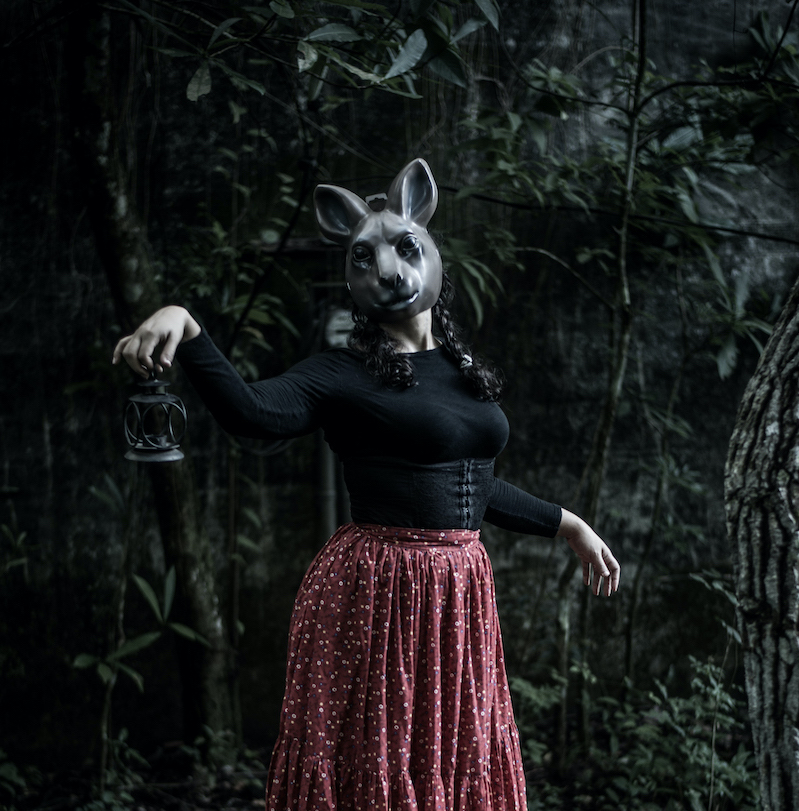
Are there specific authors or works that have influenced your approach to writing horror folklore or poetry?
There are so many, but I’ll share the ones that come to mind as I’m typing: Mary Shelley, Stephen King’s Misery, Sylvia Plath, Edgar Allan Poe, Junji Ito, Albert Camus, Fyodor Dostoyevsky, Berzerk, Naoki Urasawa’s Monster, Hideo Yamamoto’s Homunculus, H. P. Lovecraft, Umberto Eco, Haruki Murakami, Jose Saramago, and so many others. Most of my influences aren’t strictly horror because my love for horror originated from people’s narrations and films, and then expanded to books and manga. The same goes for poetry.
Can you share a bit about your upcoming projects or future plans as a writer?
I’m currently editing my first horror manuscript, the working title: The Red Leaf. Once I add the manual edits I made in my first round, my plan is to hire an editor for developmental and deeper editing, especially since this is my first book. I’m hoping this book is out and ready for Summer-Fall 2025. I’m also writing a second book, ‘Lotto’s Mother’. This one isn’t horror-folklore though it has some of those folklore elements, but the way it’s going it might just be horror-fantasy and I’m ok with that. My plan is to publish those two and continue telling horror and there might be two other projects that I can’t speak about just yet, but they are in a whole different genre, non-fiction.
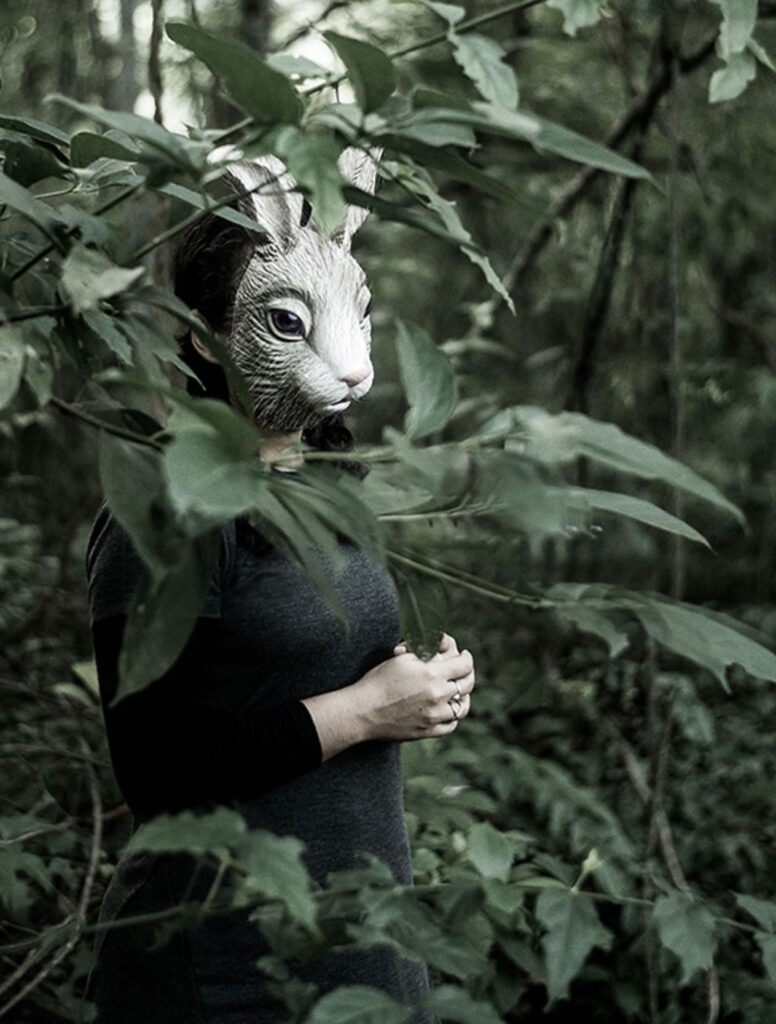
How do you navigate the creative process when tackling sensitive or personal topics in your writing?
I don’t think this is going to help many people, but if it’s something that it’s too personal to me, I try to remove myself from the story, or to think of this specific thing that is triggering a feeling from the past, it’s a thing from the past and I have the power over it in my mind. I bring it, use it and then discard it inside of a locked chest in my head. It only takes space in my mind if I allow it to. The older you get, the less special you feel about your experiences and suffering. You realise many have gone through the same, or worse. That doesn’t mean I won’t write the thing, I just go through the difficult emotions, write it, and kick it out back inside the chest. I owe those experiences nothing.
What strategies or techniques do you find most helpful when dealing with writer’s block or moments of self-doubt?
Rewarding myself is useless. It rarely motivates me to get out of self-doubt moments and it’s even more useless with writer’s block. The most helpful thing is to bring that tiny thing inside of my head’s locked chest, my fear of dying and stillness, nothingness. When I think about that I don’t necessarily write the best things, but I will 100% write and keep on going. Today, I’m here, later I can walk to the grocery store and a car can run me over or like when I was a kid, my fear was the thoughts of how a mango could fall and hit me and I’ll cease to exist, to think. To me, that’s scarier than some writer’s block or self-doubt. Kill fear with fear.
Links:
@ThePlumaWrites (IG/FB/Threads/X)
Food writing
@LittleLadycook (IG/TikTok/YouTube)
